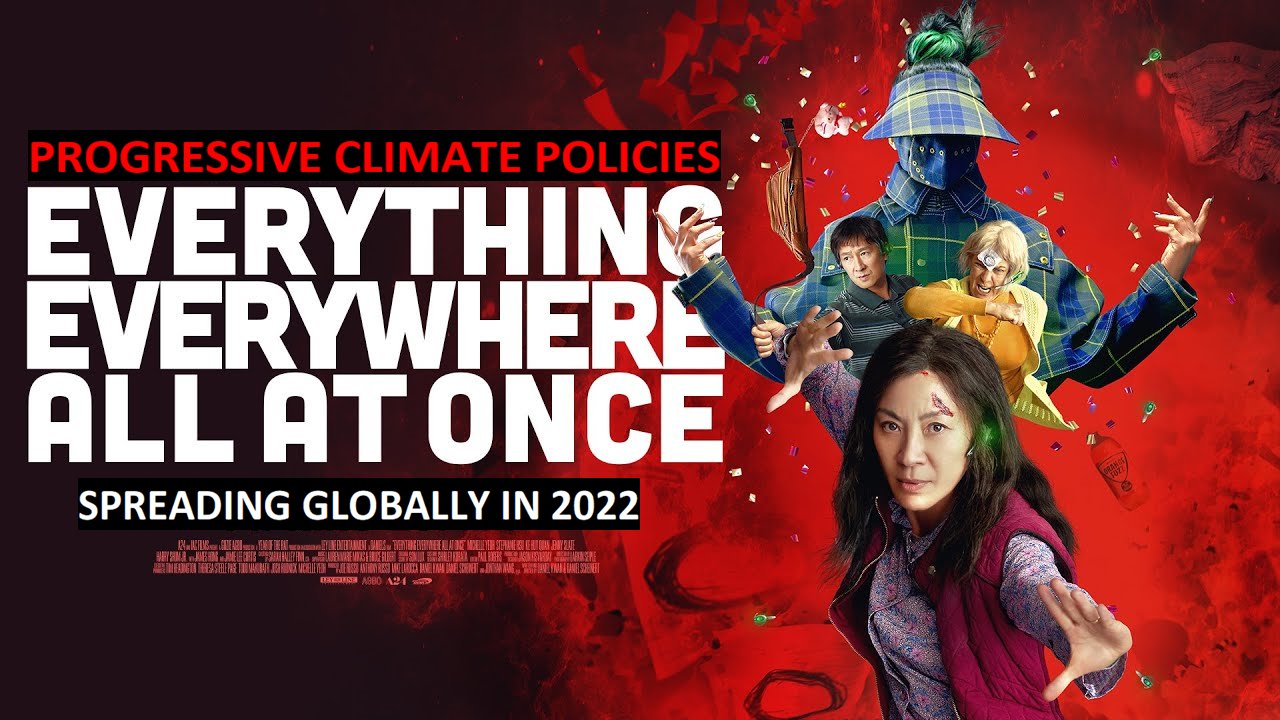There Are No Silver Bullets
During my recent En-ROADS climate simulator training, when it became clear that there is no single climate action that can be taken to reach commonly-held climate goals, the quip was often made: “There are no silver bullets, only silver buckshot.” This comment originated with the environmentalist Bill McKibben to illustrate the point that we need multiple climate policies enacted in order to achieve the desired results. It’s a great phrase that communicates quickly and effectively, and which typically even brings a smile to people’s faces.
I soon found myself using the phrase not just to talk about climate policies, but also in career coaching sessions, to illustrate the point that there are no silver bullets to successfully position yourself for a green job, but there is silver buckshot (I have since gone on to refine this into my theory of “micro-impressions”). In fact, I found myself in danger of over-using the phrase, so started casting around for an alternative to communicate the same idea, and also to incorporate some parallel streams of thought I had been having about approaches toward climate action and the definition of green jobs. I settled upon the recent movie, Everything Everywhere All at Once. Let me explain.
The Politics of Climate Strategy
In the past I used to be a classic lefty and saw the politics of climate strategy through the lens of anti-capitalism. In short, I believed that in order to mitigate climate change we had to first overthrow capitalism. That also meant that I was inclined to tell everyone who was pursuing a different path that they were at best hopelessly naive or at worst a bad actor who wished to consolidate social inequality; whichever way, they weren’t fixing climate change. In the opposite direction, my political adversaries would typically respond in kind, pointing out that I was at best hopelessly naïve or at worst a bad actor who wished to consolidate cultural Marxism; whichever way, I wasn’t fixing climate change.
Now, as it happens, I would still very much like to see capitalism overthrown (or at least the kind of predatory casino capitalism that rewards only the few); however, I cannot identify any theory of change that is going to achieve such an economic and political revolution on the timescale required to course-correct climate change. But here’s the thing: that does not mean I am inclined to tell the anti-capitalists that they are wrong.
And here we get to the Everything Everywhere All at Once strategy. My firm belief (at least right now, because we evolve), is that we should accommodate all strategies that seek to course-correct climate change, even if they appear contradictory. There are two main reasons for this. First, it could be that we are simply mistaken in the opinion that our preferred strategy is correct, in which case it’s prudent to make room—and even encourage—other very different strategies. Second, different people have different political worldviews, and if we pursue only one “correct” strategy we are likely to alienate many other people to the point where they do nothing. Everything Everywhere All at Once.
The Challenge of Defining Green Jobs
Something similar happens with another common topic in my world: How do we define green jobs? I recently wrote about some problems with defining green jobs, but here’s some more. Despite the fact that there are some commonly understood definitions of green jobs, some people want to expand that definition. For example, the Feminist Green New Deal collective wants care work included within the scope of green jobs. Other people want to reduce that definition in order to prevent companies co-opting the term as part of their corporate greenwashing. Both are very reasonable arguments, but…
It is very easy to get stuck in an argument about whose definition is right and whose is wrong. While in the past I might have been inclined to champion the “correct” definition of a green job, these days I adopt a more developmental approach. I assume that people’s understanding of a green job will change over time as they learn more about the green economy, and as culture and politics continue to evolve. So with the possible exception of a few extreme opinions, my strategy is to uncritically accept the other person’s definition of a green job, and do what I can to empower their related goals, and to encourage people to keep moving along that developmental trajectory, and to feel ok about changing their minds along the way. Again, Everything Everywhere All at Once.
Acceptance is a Relief
I believe there are many strategic benefits to Everything Everywhere All at Once. However, there is also another unexpected benefit that impacts not the sustainability of the planet, but you as an individual. Accepting other people’s differing strategies and definitions brings a surprising amount of relief. It feels really nice not to have to battle with people all the time about whether or not their opinions are correct: it feels much more emotionally sustainable.
And the wheel continues to turn, because the paradox is that when you genuinely accept other people and their differing strategies, you get along with them much better. At this point, they start listening to you much more carefully, and they may even decide that your strategy was correct all along 😉
If you want more help with your green job search, check out our online course: How to Make a Mid-Career Transition to a Green Job.

